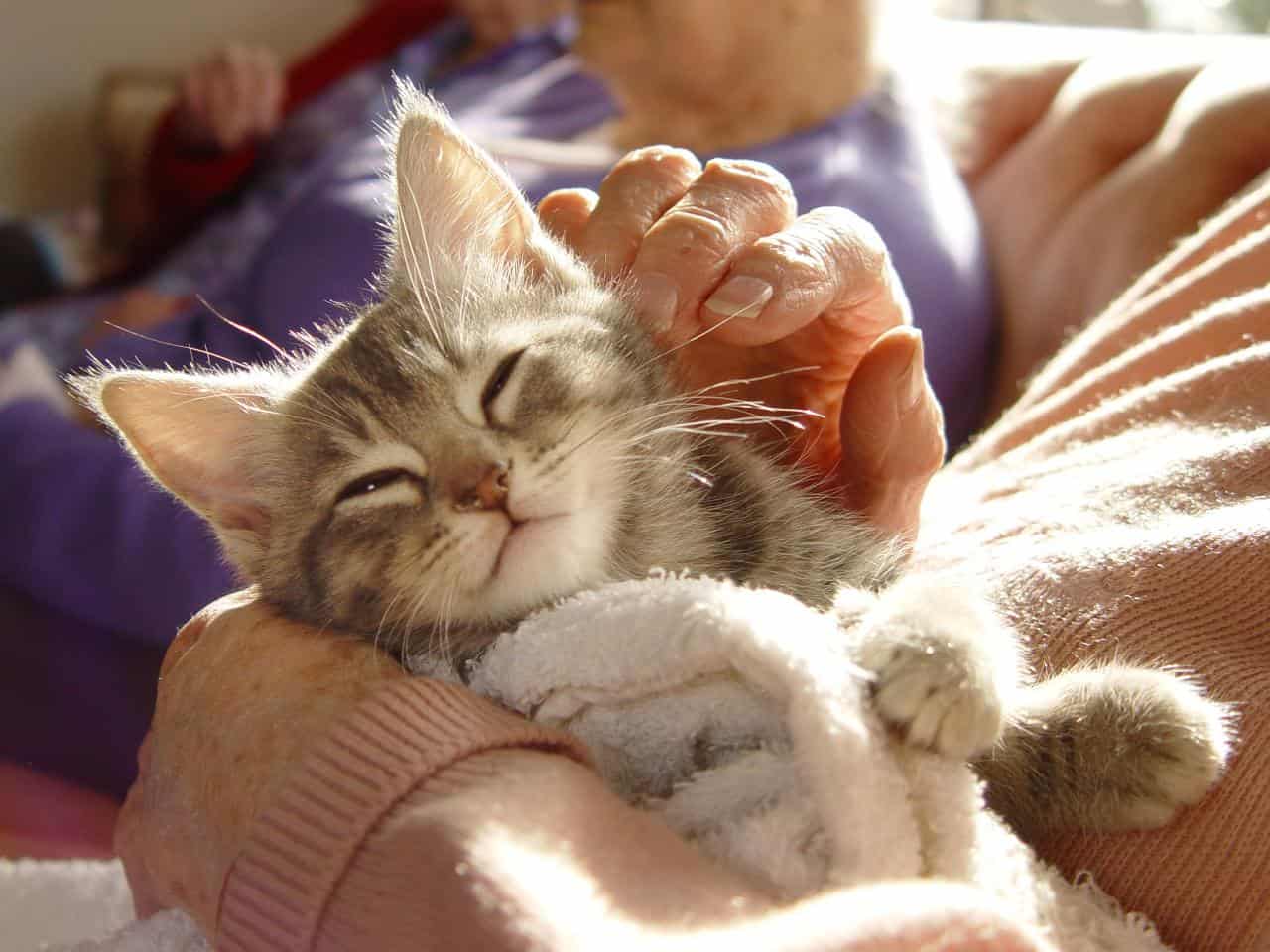Exploring Feline Rehabilitation and Physical Therapy

Cats aren’t exactly famous for being cooperative, but if your cat is ever injured or in pain from surgery or arthritis, you might be surprised at how willingly your feline friend will participate in cat physical therapy when it’s administered correctly.
At Animal Hospital of West Woodstock, we want your cat to recover as quickly and as completely as possible following surgery or an injury. Keep reading for our team’s tips on cat rehabilitation techniques.
Why Might My Cat Need Feline Rehabilitation?
Post-operative care for cats is when cat physical therapy is most often needed, both for pain management in felines and for mobility improvement for cats. Other conditions that can benefit from cat physical therapy include:
- Arthritis
- Chronic pain
- Broken bones
- Neurological conditions
- Spinal cord injury
- Obesity (for weight loss)
Cat Rehabilitation Techniques
There are many different modalities designed for feline rehabilitation and mobility improvement for cats. Some cat physical therapy can be implemented at home once you’ve mastered the appropriate techniques. Your veterinarian or trained cat rehabilitation specialist might suggest one or more of the following cat rehabilitation techniques:
- Manual therapies, such as massage, range of motion movements, and stretches
- Low-level (sometimes called “cold”) laser therapy
- Hot and cold therapy
- Therapeutic ultrasound
- Postural management
- Therapeutic exercises for improved strength, flexibility, and balance
- Hydrotherapy (water based), such as using an underwater treadmill or swimming
Cat physical therapy can be used alone or in combination with other treatments, such as:
- Prescription medications for pain management in felines
- Acupuncture
- Nutritional supplements such as omega-3 fatty acids and glucosamine
Modifications to Make at Home
Depending on the source and scope of your cat’s discomfort, your veterinarian or cat rehabilitation specialist might suggest some simple home modifications that your cat will need either during her recovery period or for the rest of her life if her condition is chronic.
Here are suggestions that your cat will appreciate:
- Add ramps to help your cat ascend the stairs or reach her favorite spot on a couch or chair.
- Use raised food and water bowls for cats with arthritis or spinal cord conditions to make eating and drinking more comfortable.
- Make sure her litter box is easy to access and has a low or cut-out side.
- Provide her with an orthopedic pet bed for optimal comfort when she’s resting.
- Switch to horizontal scratching posts rather than vertical ones while she’s recovering.
- Add rugs or yoga mats to her “usual route” to keep her from slipping on hard floors.
Whether your precious pet requires post-operative care for cats or cat physical therapy for an injury or other health condition, ensuring that your cat enjoys an optimal quality of life is our goal. Please contact us at (770) 924-8847 if you have any questions about feline rehabilitation or to schedule an appointment.
